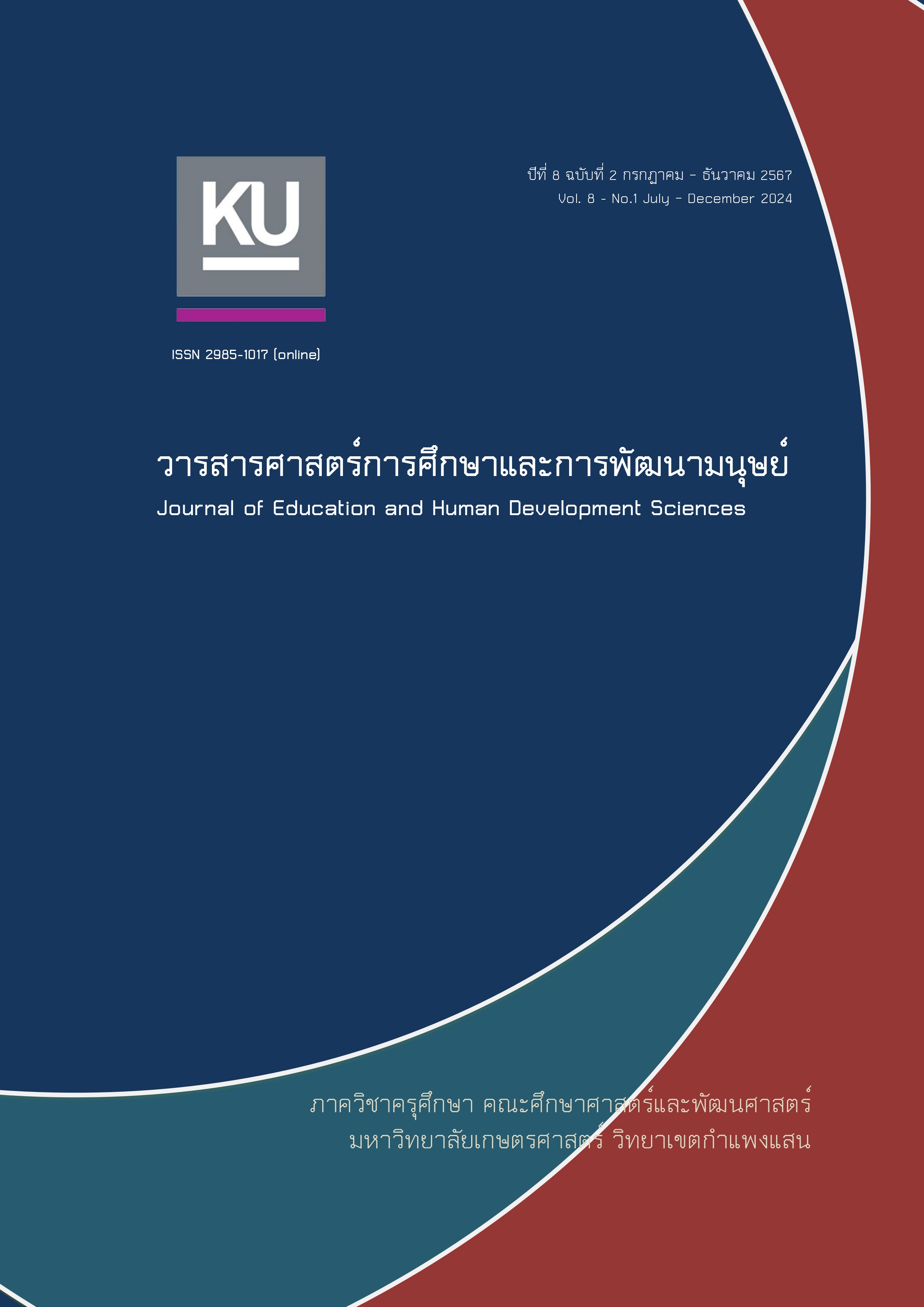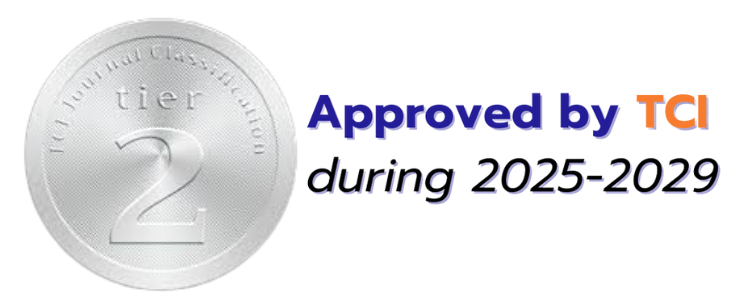The Relationship between Economy and Education in Thailand.
Keywords:
economy, education, philosophy of sufficiency economyAbstract
Management of education is the development of human capital and social capital. Which is the most important factor in the economic development process. The country must provide education for the people thoroughly. Efficiency and quality so that the majority of the population has knowledge and abilities skilled and responsible citizens so it can solve problems and develop the economy to be successful. Therefore, the development of education on the foundation of economic development under the philosophy of sufficiency economy which includes the concept of knowledge economy creative economy foundation economy and low-carbon economy by focusing on the development of education to improve the quality of people to affect the development of the nation's economy. This includes creating people to think, act, be creative, keep pace with the world, have morals, ethics, and be socially responsible. Education reform to produce manpower of sufficient quality and that meets the needs can support with new knowledge and technology effectively. Promote research and development of innovations that meet the needs of the manufacturing sector and can lead to a real commercial expansion. Adjust the infrastructure of science and technology to be developed sufficiently, such as a science park and the Institute of Metrology, etc. Manage Intellectual property to be protected leading to a body of knowledge to develop or extend strengthening the manufacturing and service sectors to be a factor in creating prosperity for our country based on the relationship between economy and education.
Downloads
References
Chaipattana Foundation. (2018). Sufficiency Economy.
https://www.chaipat.or.th%2Fpublication%2Fpublish-document%2Fsufficiencyeconomy.
Community Organization Development Institute. (2020). Foundation economy.
https.//web.codi.or.th.
Civil Aviation Authority of Thailand. (2022) Gross Domestic Product (GDP).
https://aviation-io.caat.or.th/aviation-industry-roles/gdp
Cabral, L. M. (2017). Introduction to industrial organization. MIT press.
Eric, A. H. (2005). Why Quality Matters in Education Finance and Development.
Ministry of Science and Technology. (2019). Green economy. Pathum Thani: National Science and
Technology Development Agency Ministry of Science and Technology.
https://www.nesdc.go.th/download/plan12/
Narathip, C. (1989). Thai economic system and agricultural economy.
https://ms.udru.ac.th/asst.prof.benchamat/4knowledgesources/createdthaibooks/farmmanagem ent/chapter1.pdf
Office of the Secretariat of the Council of Education. (2020). State of Education in Thailand 2018/2019
Education reform in the digital age. Bangkok: Printmaking Co., Ltd.
Pibulsarawut, P. (2007). Driving Sufficiency Economy. The Crown Property Bureau.
https://so05.tci-thaijo.org/index.php/cmruresearch/article/view/245497
Phonpiroon, P. (2013). Creative Economy and Thailand Development. Journal of Economics
Review Institute of Development Studies, 7(1), 1-70.
Electronic government financial management system (2023). budget disbursement Classified by
economy and ministry.
https://dataservices.mof.go.th/menu4?id=3
Thailand Business Management Association. (2022). Results of the country's competitiveness ranking.
https://www.tma.or.th/event-details/thailand-management-day-2022-2
Thewathida, K. (2019). Project to develop tools and collect data on progress in the development of
children, youth and new generations of workers at the provincial level according to the Sustainable Development Goals in education.
Downloads
Published
Issue
Section
License
Copyright (c) 2024 Journal of Education and Human Development Sciences

This work is licensed under a Creative Commons Attribution-NonCommercial-NoDerivatives 4.0 International License.







